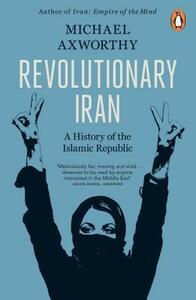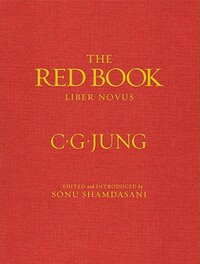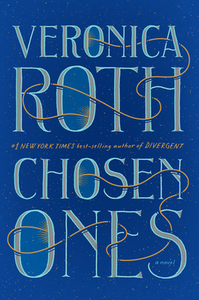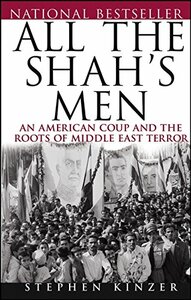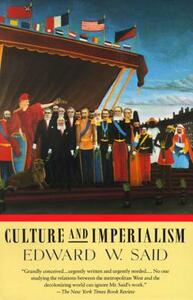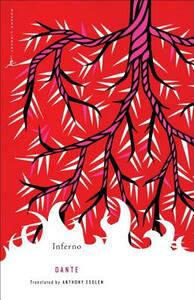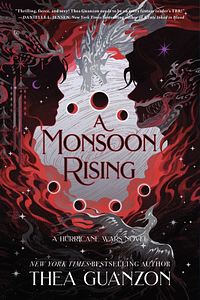You need to sign in or sign up before continuing.
Take a photo of a barcode or cover
blindmanbaldwin's Reviews (69)
Much like Mao's text, Guevara's expansion/interpretation of guerilla warfare in his context stresses the importance of political education among the guerillas and the surrounding citizens. Guevara emphasizes the necessity of unity with nearby civilians for resources, information, and (implicit) a buffer.
Also important, if not the most important, is something every military leader writes about — shoes. Time and time again, Guevara says shoes (and securing leather) is critical to the success.
Also important, if not the most important, is something every military leader writes about — shoes. Time and time again, Guevara says shoes (and securing leather) is critical to the success.
Thorough and even-handed. Axworthy portrays the causes of the revolution, the implementation of the Islamic Republic, and its challenges with a neutral voice. He is not condemning or condoning. Yet, he also is not refusing to do any analysis. Axworthy treats the Islamic Republic as a legitimate government and one that has to be treated as such, no different than how the United States or its allies treat other non-democratic governments where they find common ground. He also highlights areas where the Iranian government has been contradictory or has fallen from its stated values, and how these contradictions challenge its legitimacy within the borders.
As someone who is not of this ethnic or religious background, I appreciate how Axworthy gives context on the wider history of both Iran and Shia Islam in the region as informers of the government's positions.
As someone who is not of this ethnic or religious background, I appreciate how Axworthy gives context on the wider history of both Iran and Shia Islam in the region as informers of the government's positions.
Almost feels voyeuristic to read — we're seeing another man's dreams and broken thoughts with little filtration or structure. I cannot imagine what it would be like to read this absent an extensive background in Jungian thought. At times a journal, at times prose. Perhaps because I am reading them concurrently but it is similar to Dante's "Inferno" only instead of a descent into hell it is descent into the self.
Kinetic, propulsive, intimate. "Warriors of God" is not a bird's eye but that of the ground, of a man with relationships with the key players to get a story full of day-to-day minute details and internal conflicts that drive any grand decades-long political movement. Chronicling all the facets with a personal touch (an amazing opening line here!) that makes it worth reading even beyond the information.
Oddly first-person for this kind of book. The author steeps his political analysis of tripartite US/China/Russia relations in his personal story as a post-Soviet migrant to the United States. Not necessarily a bad angle — I always appreciate a novel spin — but it does create a lack of seriousness when combined with the book's lighter, surface level tone. Perhaps more designed for a mass audience.
All in all, a frustrating read in that it creates a lot of conclusions without much support. Opening on some fanfiction of a hypothetical election eve 2028 attack on Taiwan did, admittedly, sour me on the book for the remainder of it but even looking past that the author has a contradictory ideology. In his framework: the United States must maintain, or expand, hegemonic power while also increasing social support for the domestic population (implicitly: to maintain votes) and leaving a lax business regulatory environment to encourage innovation. This is, of course, not possible due to cost to support 1 and 2 will undercut 3. His hand waving away of rising nativism, or at least efficacy of nativism in elections, also weakens his arguments due to him saying immigration drives US power (true!) but ignoring that the voters are opposed to immigration.
All in all, a frustrating read in that it creates a lot of conclusions without much support. Opening on some fanfiction of a hypothetical election eve 2028 attack on Taiwan did, admittedly, sour me on the book for the remainder of it but even looking past that the author has a contradictory ideology. In his framework: the United States must maintain, or expand, hegemonic power while also increasing social support for the domestic population (implicitly: to maintain votes) and leaving a lax business regulatory environment to encourage innovation. This is, of course, not possible due to cost to support 1 and 2 will undercut 3. His hand waving away of rising nativism, or at least efficacy of nativism in elections, also weakens his arguments due to him saying immigration drives US power (true!) but ignoring that the voters are opposed to immigration.
I love the concept here — what happens ten years after a Super Sentai/Power Rangers team wins — but the book falters in its inability to focus emotion, instead inserting plot to give scope rather than rumination on the word "chosen". A couple fun twists give some engagement but all in all relatively safe.
I do want to praise the use of non-prose: newspaper articles, memos, magazine profiles. It gives the book a nice texture.
I do want to praise the use of non-prose: newspaper articles, memos, magazine profiles. It gives the book a nice texture.
Consequence of adventurism and exploitation echoing across decades. A bunch of Republican Cold Warriors thought they were gods and in their ego they pursued a policy that led to the present moment of instability, chaos, and war. What isn't said in whatever popular knowledge exists of the American involvement in the Iranian coup is that voices — including Truman — knew exactly this would happen, but the conservatives did not care.
Mossadegh dreamed of a free Iran in the spirit of the American myth. Unfortunately for him, as is the case with many "Third World" nationalists, the United States does not believe in their own myth.
Brief and written for a mass audience, "All the Shah's Men" gives enough weight to show the consequences.
Mossadegh dreamed of a free Iran in the spirit of the American myth. Unfortunately for him, as is the case with many "Third World" nationalists, the United States does not believe in their own myth.
Brief and written for a mass audience, "All the Shah's Men" gives enough weight to show the consequences.
Said uses a variety of fiction and nonfiction literatures spanning centuries to chronicle the beginnings and evolutions of imperialist thought, while also countering or contrasting it with literature from the colonized land. Its ending chapters on the United States's position as the modern hegemon/empire that are its most relevant — particularly given the American right descending into 19th century imperialist thought — that position the English language's transition into the global technical language (through first the United Kingdom then the United States) has hollowed its cultural capacity, or at least study/critique/analysis of its cultural capacity.
"Culture and Imperialism" shows the necessity for new ways of thinking born out of the past, and not simply putting the old ways in new colors. Said highlights the distinction between liberation and nationalism, and how nationalism eventually supersedes the former to create a new "empire" — though at a smaller scale — which does not create real revolution.
In order to create this relationship between past and present imperial thought, Said uses canonical English language authors such as Austen to show use of imperialism in these works while also showing contemporary criticism (to an extent) shown in works by authors such as Conrad. Said parallels the development of the novel as a form with developments in imperial thought, and the force of the exoticism element of imperialism in shaping culture.
"Culture and Imperialism" shows the necessity for new ways of thinking born out of the past, and not simply putting the old ways in new colors. Said highlights the distinction between liberation and nationalism, and how nationalism eventually supersedes the former to create a new "empire" — though at a smaller scale — which does not create real revolution.
In order to create this relationship between past and present imperial thought, Said uses canonical English language authors such as Austen to show use of imperialism in these works while also showing contemporary criticism (to an extent) shown in works by authors such as Conrad. Said parallels the development of the novel as a form with developments in imperial thought, and the force of the exoticism element of imperialism in shaping culture.
I started reading it, then realized while watching a movie (Chahine's "Destiny") I wasn't actually gaining anything. I went back and started it again to get more. I don't think I got it all. Maybe down the line I'll need a third time —
Yet what I did get, in its image and fear and critique, remains. "Inferno" is a ubiquitous work throughout cultures influenced/derived from western Europe (so many images of evil come from here), yet in actually sitting down and reading it I was struck by how much is Dante attacking the political institutions and actors of his day. Society, to him, had fallen to the inferno so much where contemporary figures were seated next to some of history's worst figures in his eye.
Yet what I did get, in its image and fear and critique, remains. "Inferno" is a ubiquitous work throughout cultures influenced/derived from western Europe (so many images of evil come from here), yet in actually sitting down and reading it I was struck by how much is Dante attacking the political institutions and actors of his day. Society, to him, had fallen to the inferno so much where contemporary figures were seated next to some of history's worst figures in his eye.
Color and scene rhythm as good as "The Hurricane Wars", but I found its sequencing/arranging to have less momentum. In a way the book reminds me of a series of unrelated still images with great composition within each frame yet the meaning in them as a unit was lower.

